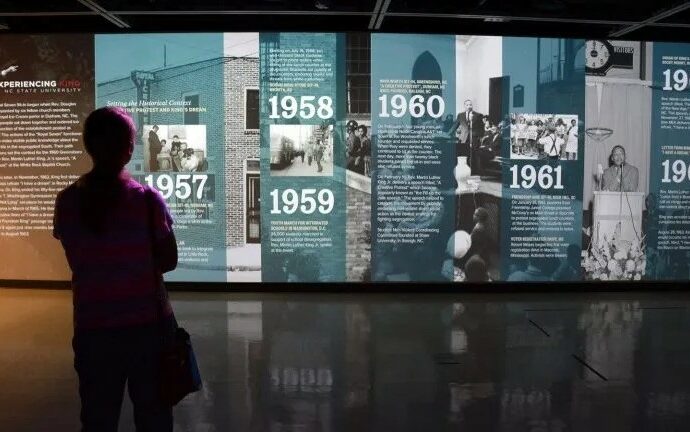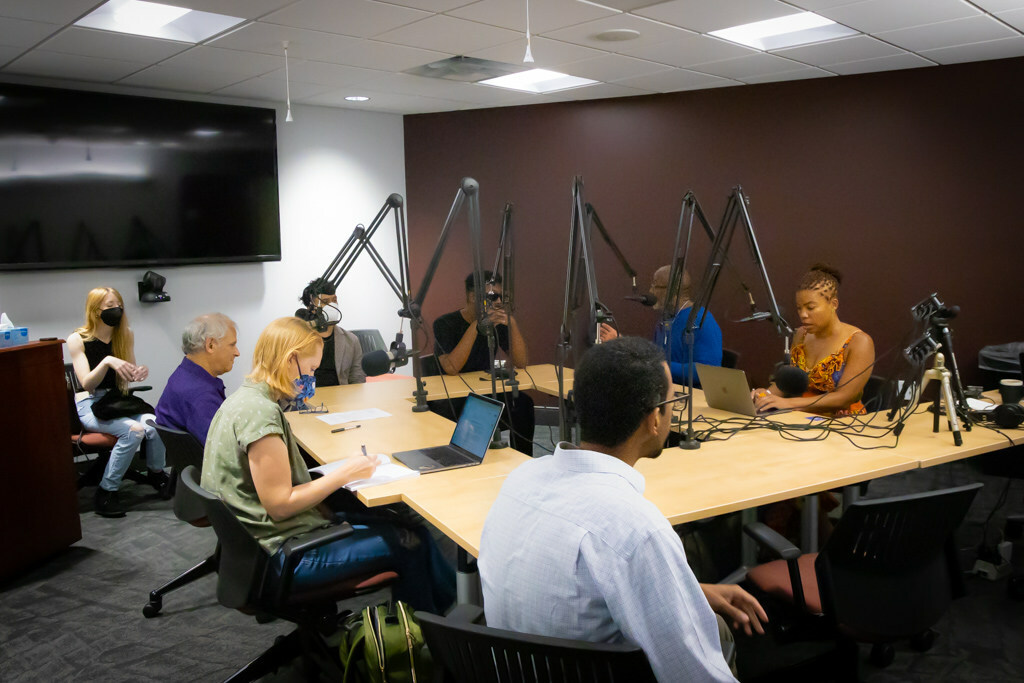Digital Justice Grant Program Gets $3.3M Boost From Mellon Foundation

The Mellon Foundation has awarded a $3.3 million grant to the American Council of Learned Societies (ACLS) to continue its Digital Justice Grant Program for three more cycles.
Supporting digital projects
Launched in 2021, the Digital Justice Grant Program supports digital projects in the humanities and social sciences that focus on historically marginalized communities. These include Black, Latine, and Indigenous communities, people with disabilities, and queer, trans, and gender nonconforming individuals.
In addition to financial support, the ACLS Digital Justice Grant Program provides tailored coaching from the Nonprofit Finance Fund to help grantees plan for the long-term sustainability of their projects.

Seed and Development Grants
The program offers two types of grants: Seed Grants and Development Grants. Seed Grants support early-stage projects with funding ranging from $10,000 to $25,000. Development Grants, on the other hand, provide funding from $50,000 to $100,000 for projects that have progressed beyond the prototyping phase.
“The ACLS Digital Justice Grant Program provides critical support and resources to scholars in fields that challenge the historical legacies of settler colonialism, racial capitalism, and heteronormativity.”
Development Grants, on the other hand, are available for projects that have progressed beyond the prototyping or proof-of-concept phase. Scholars can receive funding from $50,000 to $100,000 to enhance the impact of their projects and promote engagement among their targeted user communities.
Challenging colonialism, racial capitalism, and heteronormativity
Examples of previously funded projects include the Decriminalize Survival, a community-engaged, digital archive project illuminating feminist resistance to state violence and Towards Digital Justice, an app addressing the complexities of gaining citizenship.
“The ACLS Digital Justice Grant Program provides critical support and resources to scholars in fields that challenge the historical legacies of settler colonialism, racial capitalism, and heteronormativity,” Keyanah Nurse, ACLS Program Officer for Higher Education Initiatives, said in a press statement.
She emphasized that the grants aim to foster inclusivity within the digital humanities by extending opportunities to a broader range of scholars and projects, particularly those with limited resources.
“These grants stimulate more inclusivity within digital humanities by extending the opportunity to a broader assemblage of scholars and projects, many of whom navigate weak infrastructural support. With an added emphasis on capacity building, we hope this new iteration gives reviewers a more nuanced understanding of the contexts in which scholars at less resourced institutions pursue their work.



